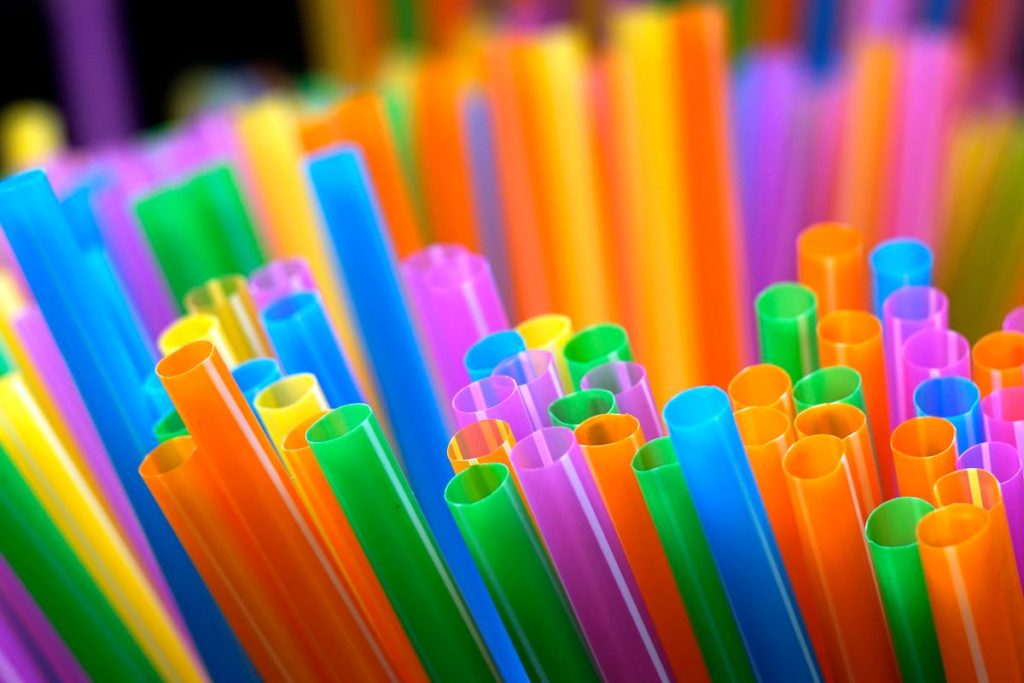A complete ban on the manufacture, importation and use of plastic straws came into force on Saturday in Seychelles, the island nation’s latest effort to advance environmental protection.
The prohibition follows the ban on the importation of single-use plastic straws in February this year.
According to the Ministry for Environment, Energy and Climate Change, even the distribution of plastic straws is illegal as of June 1.
Nanette Laure, the director general at the waste enforcement and permit division at the ministry, explained that a total ban means that no individual or company will be able to import, sell, process or manufacture plastic straws in Seychelles – a group 115 islands in the western Indian Ocean.
One type of straw to be exempted from the ban will be those found on small packets of juice and milk.
Alain Decomarmond, principal secretary for environment, said that come June 1, environment officers will be going around to ensure that straws are no longer in use.
“We have given the businesses concerned ample time, to find alternatives to plastic straws. We know that tourism establishments are doing well in terms of alternatives but we need to monitor shops and other businesses,” said Decomarmond.
Establishments and members of the public will be able to use paper, pasta or bamboo straws instead. Paper straws are currently the most popular alternative being used.
It was the Seychelles Hospitality and Tourism Association which lobbied the ministry to ban plastic straws. The association brought onboard many tourism establishments and many of them were already using alternatives in their restaurants.
Marie Celine Zialor – the head of the Entrepreneurship Centre at the Guy Morel Institute – said the ban presents an opportunity for Seychellois to come up with alternatives.
“For me, this presents a business opportunity where people could show innovation. Maybe a competition could have been organized so that Seychellois could come out with alternatives, made locally,” explained Zialor, adding “as now these will be imported.”
Daniel Baronne, a maintenance contractor from Perseverance, said that banning these straws is not a total solution to the issue.
“Yes, we will see less of the big straws but what about the ones on the small packets of juice and milk. For me, this is a concern because most students bring these to school.”
Baronne added that “one can only imagine the number of small straws that go to the waste on a daily basis.”
The ban on plastic straws is part of an ongoing strategy to reduce and manage the amount of waste that is ending up on the landfill. Laure said that plastic is the main type of waste that is making its way to the landfill. To tackle this, the Ministry of Environment, Energy and Climate Change a ban on the importation of Styrofoam takeaway boxes, and plastic items such as carrier bags, plates, cups and cutlery took effect in January 2017.
Source: Story by Sharon Ernesta- Seychelles News Agency







